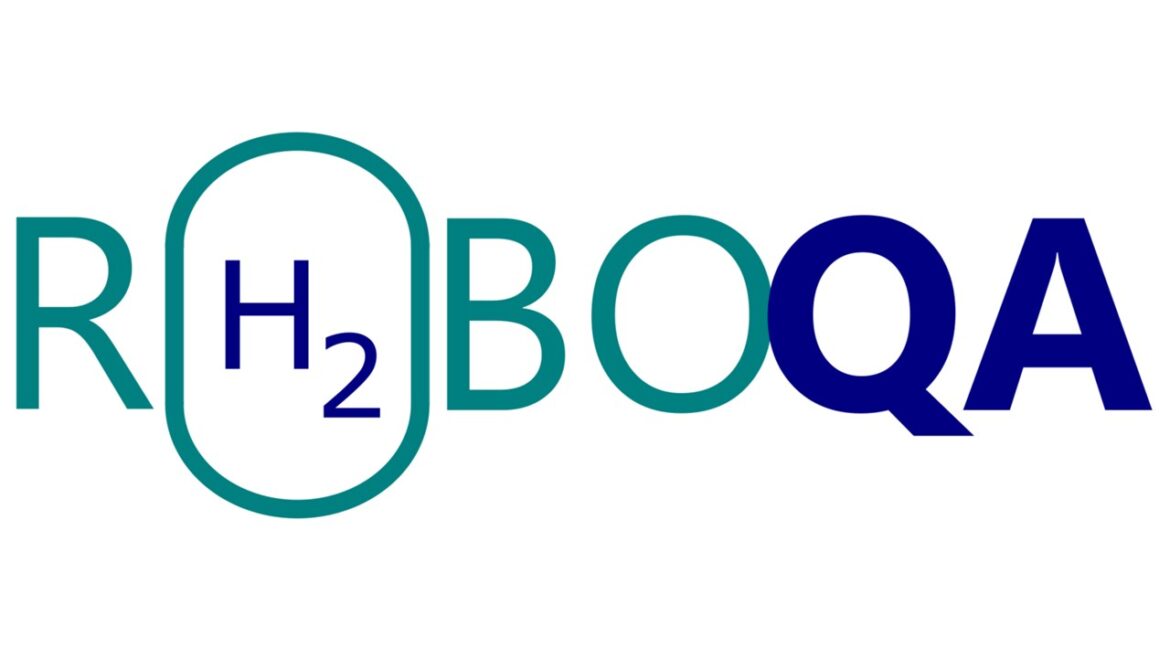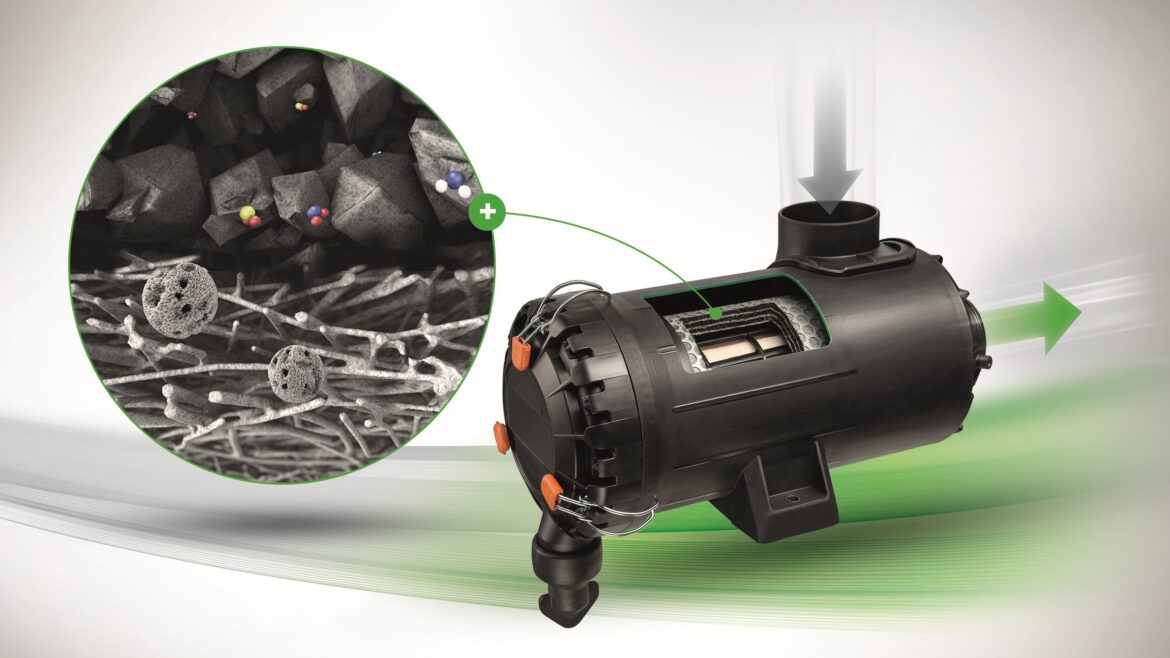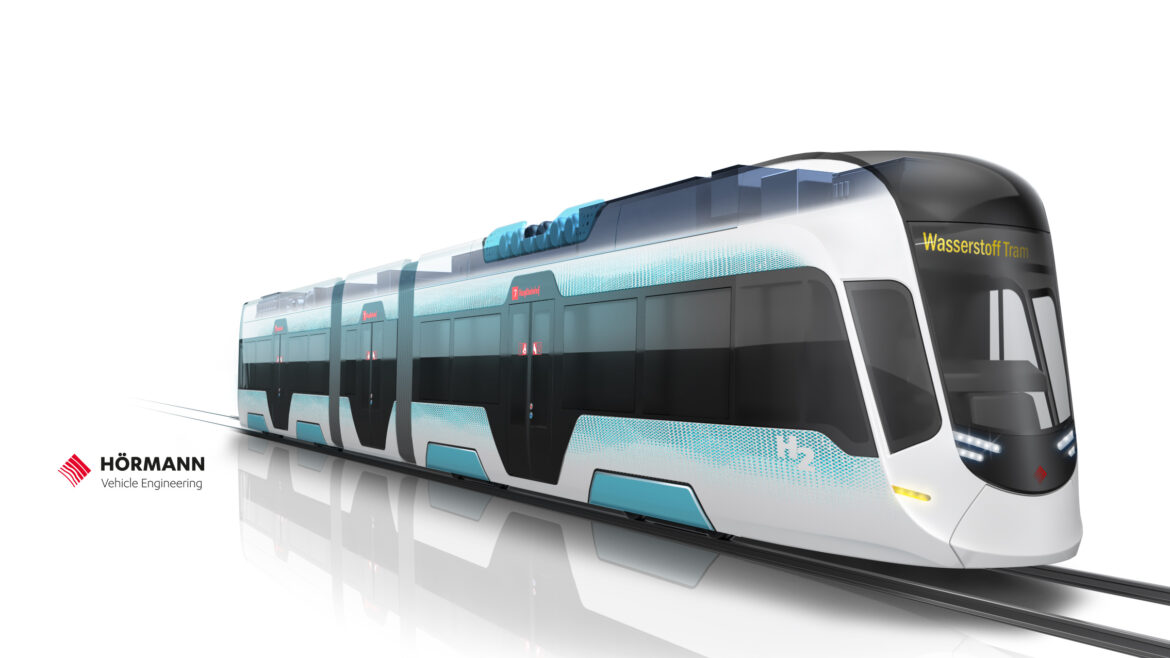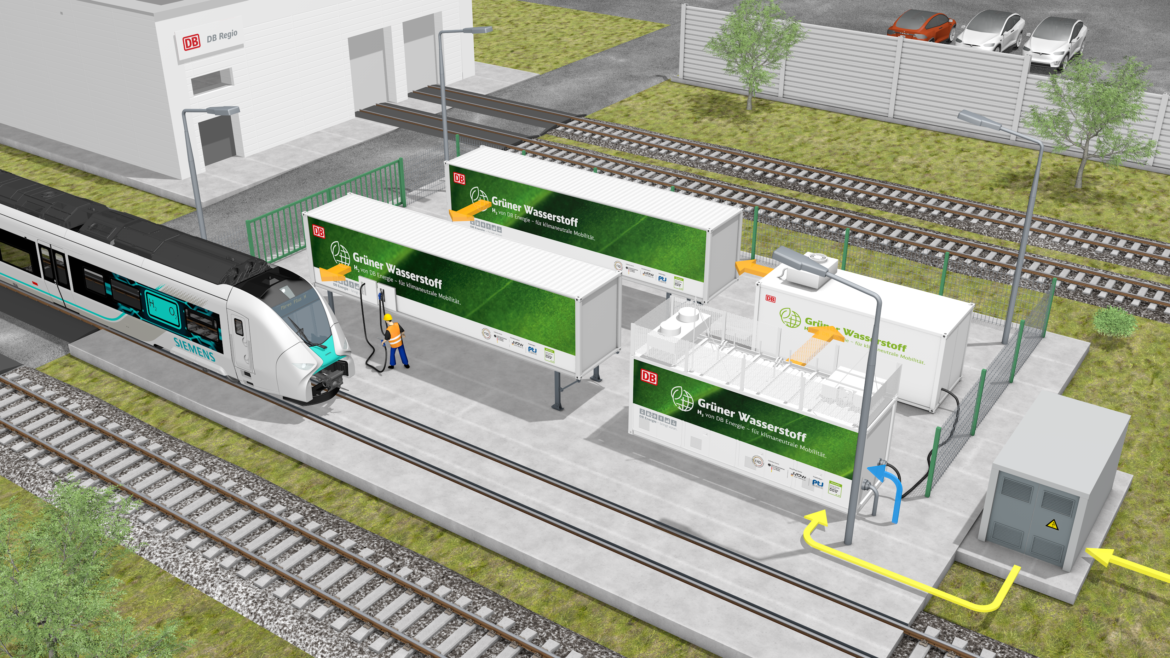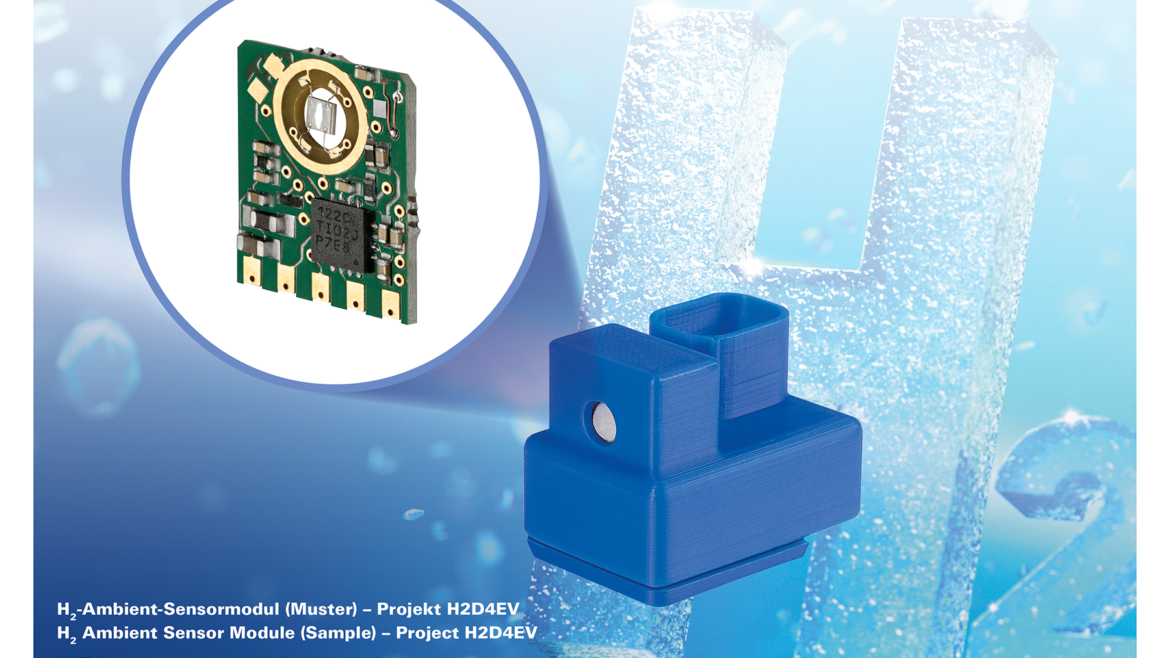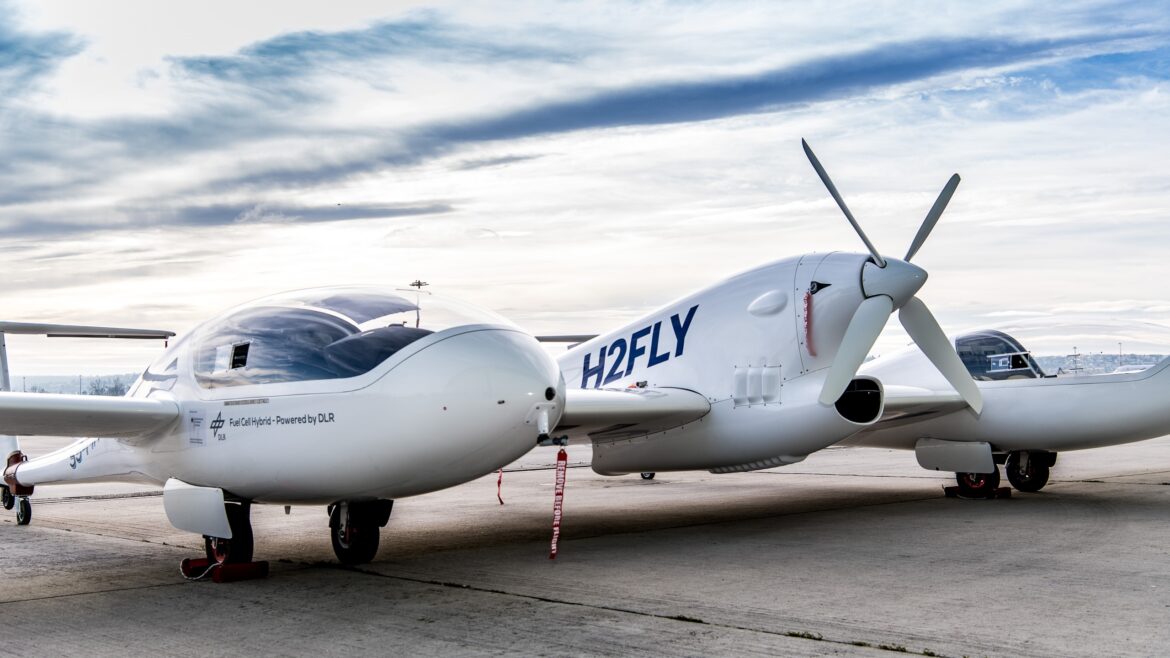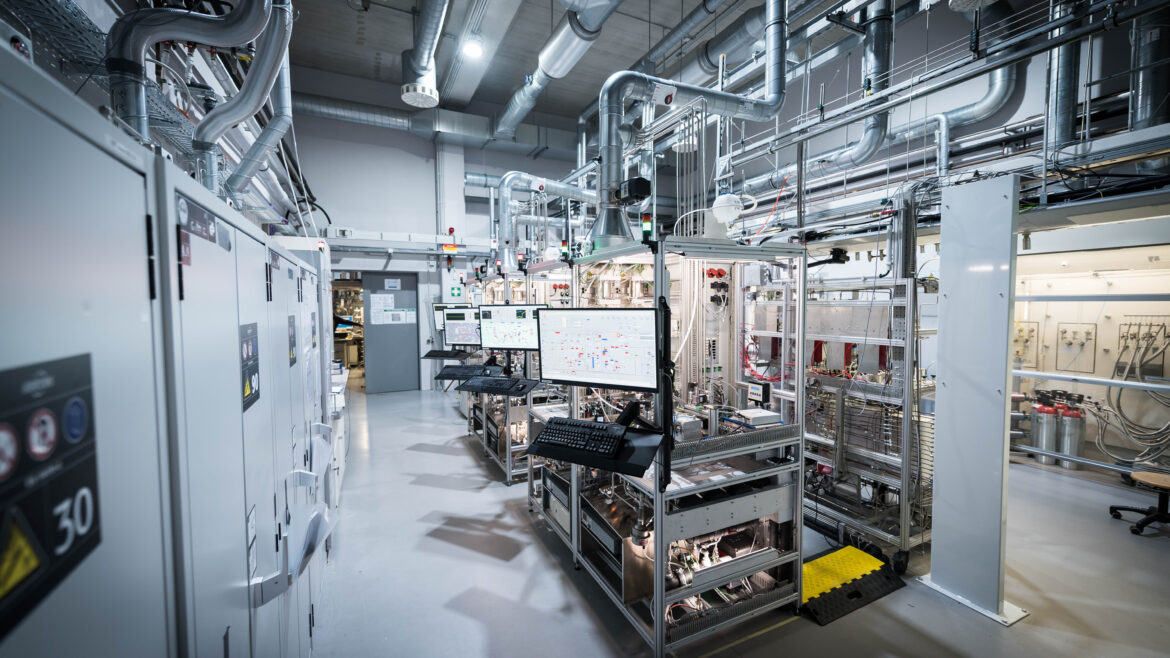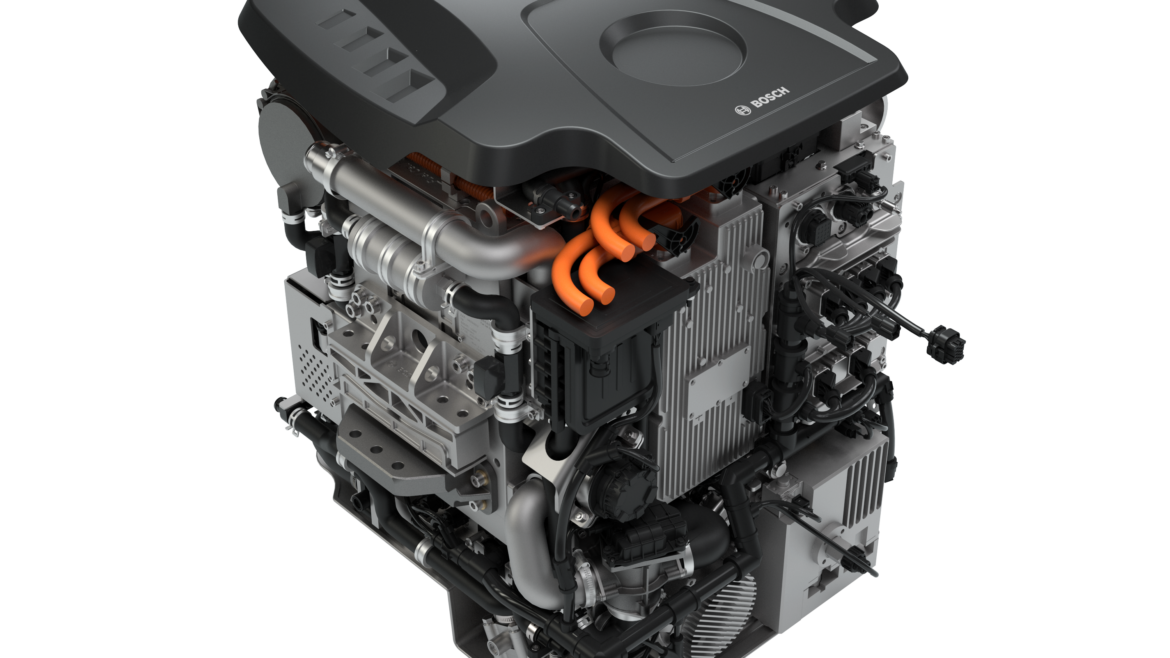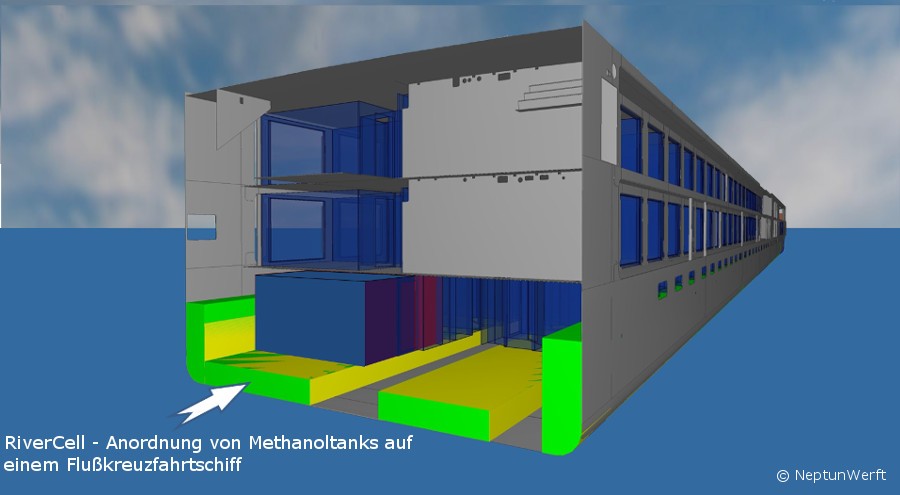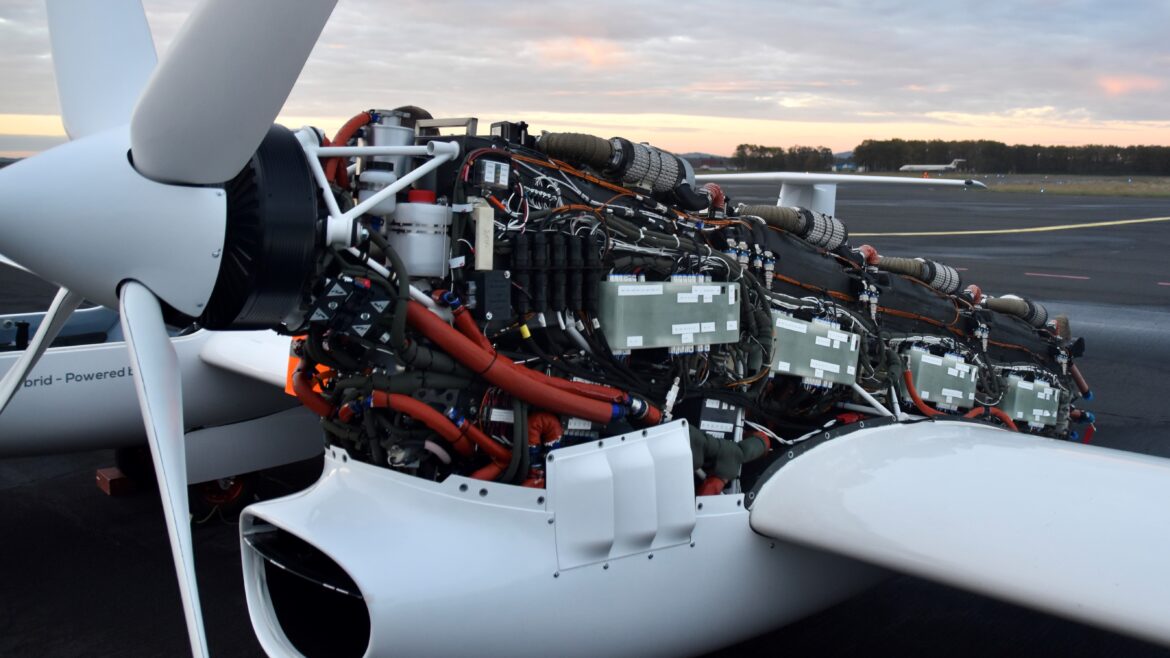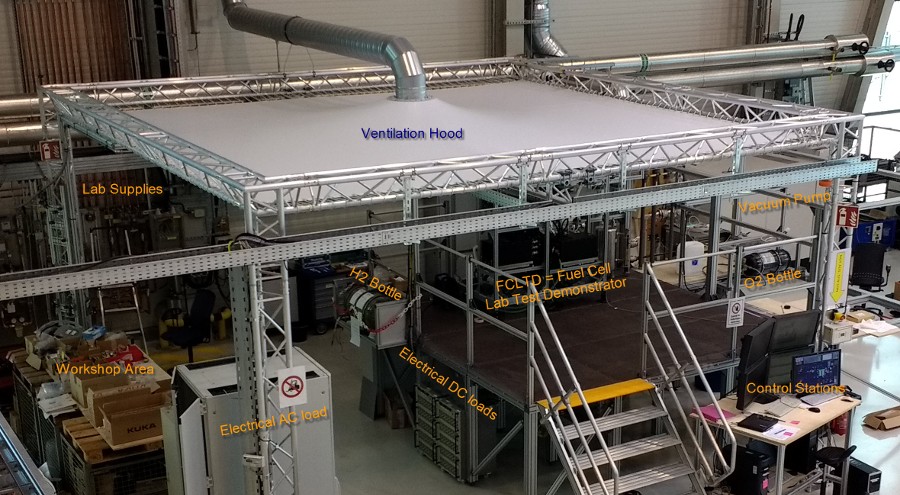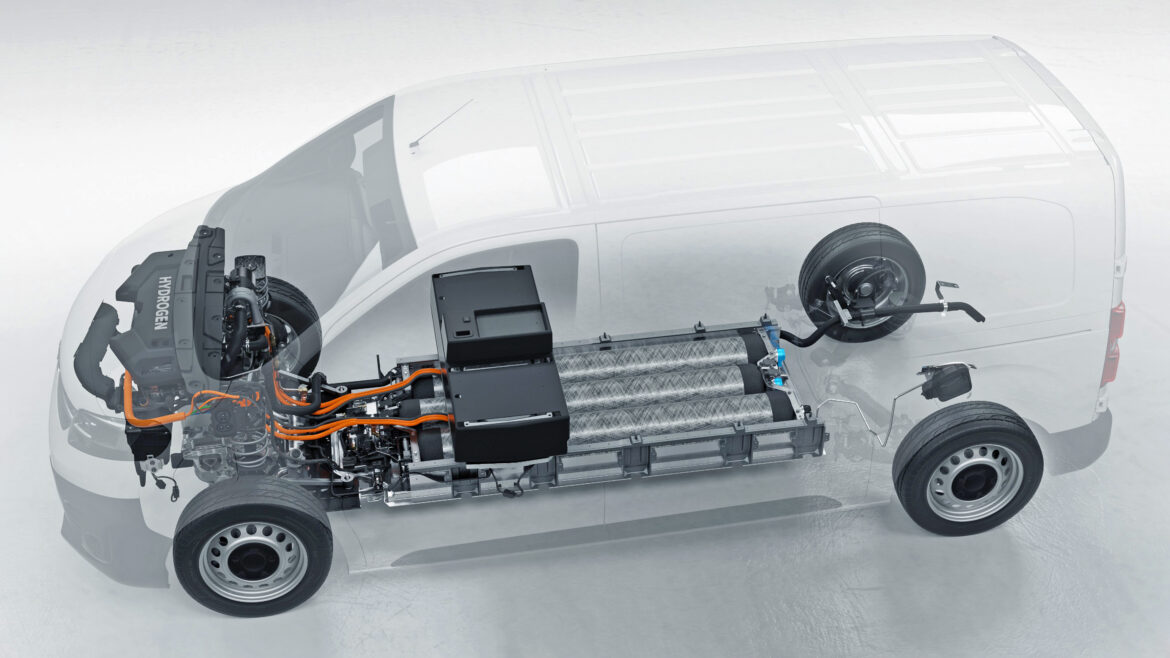Reliable sensor technology and the issue of safety have always played a central role in the development of fuel cell systems and components. Due to the high complexity of the fuel cell system and its peripherals, as well as the factors of hydrogen or high voltage, a high level of monitoring is necessary to control the system intelligently and efficiently. The guarantee and gain of safety is also an advantage as safety aspects are of high importance for the approval and acceptance of new products.
For this reason, various research and development projects are specifically concerned with adapting existing sensor systems or developing new ones so that system-relevant parameters such as pressure, temperature, mass flows and voltages/conductivities can be determined optimally and reliably. The sensors and safety-relevant components are often used in the hydrogen-carrying system from the high-pressure tank to the anode, where the hydrogen reacts. However, systems for monitoring the fuel cell stack (cell voltage monitoring), the power electronics, and the cooling media are also the focus of development work. In this way, it can be ensured that the fuel cell can perform its work highly efficiently and safely, and that safety is also guaranteed in the event of an accident.
